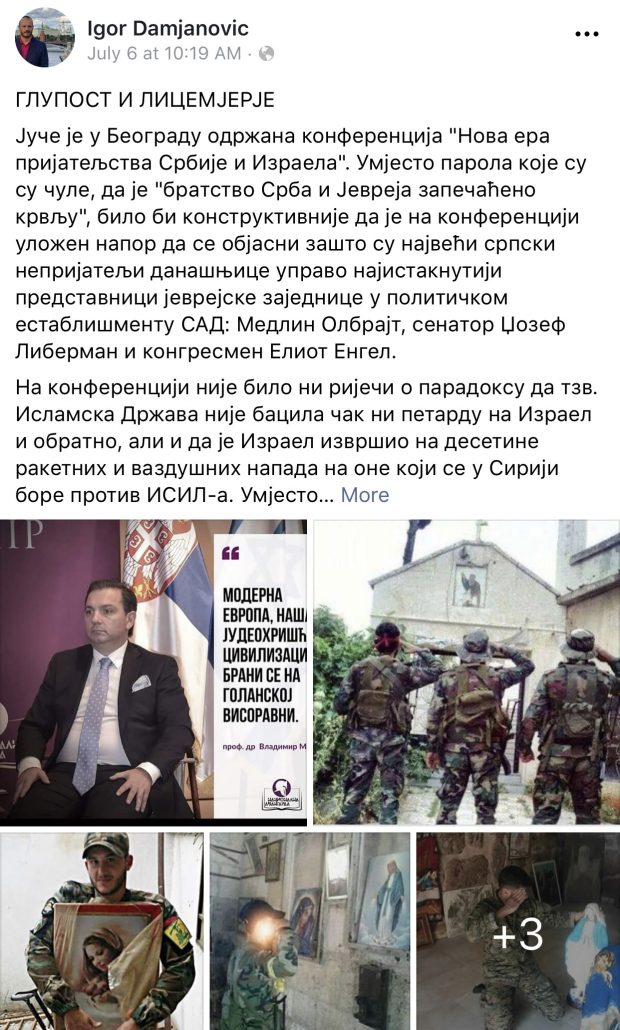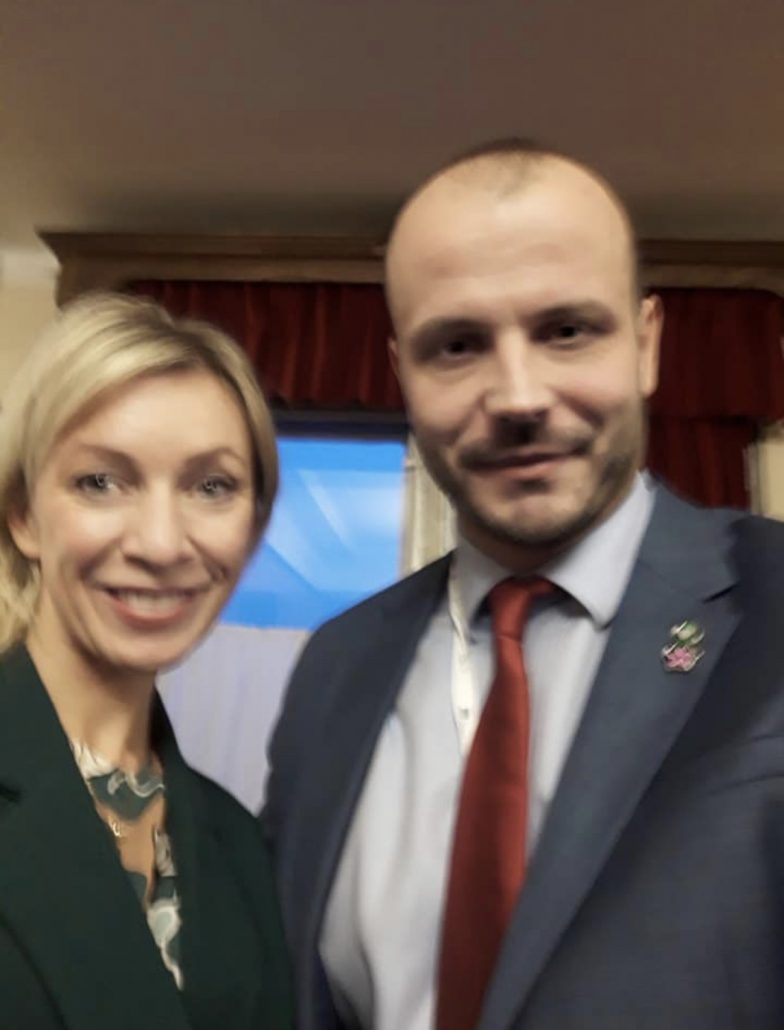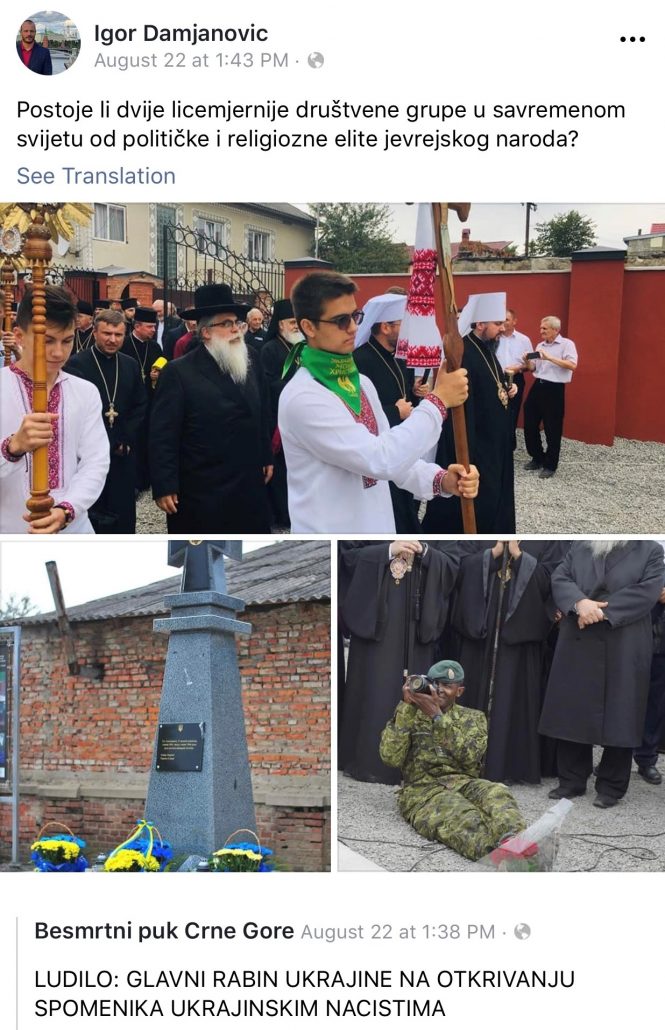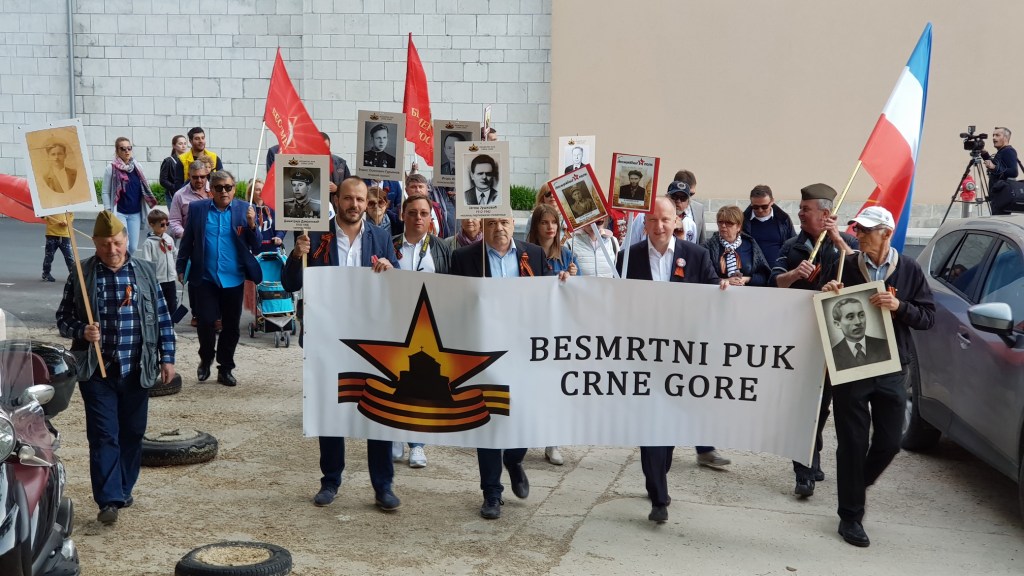Three journalists from the Siberian city of Tomsk spontaneously started the story of the Immortal Regiment. Sergei Lapenkov, Sergei Kolotovkin, and Igor Dimitriev used the tradition of holding portraits of veterans, which was sporadically happening across Russia during the Victory Day celebrated in Russia on May 9.
The three of them noticed that there were fewer living veterans of the Red Army from the Second World War, and they gave a new form to the mentioned tradition by inviting the participants of the 2012 parade to bring portraits of the loved ones who participated in the war with them.
It did not take long for the official Kremlin to recognize the propaganda potential of the movement, and very soon, they began to interfere with recruiting volunteers and organizing the events themselves. Despite the founders’ protests and demands to exclude the party activists and officials from the whole story, the state responded by organizing a special movement called the Immortal Regiment of Russia. Several years later, the movement managed to expand to nearly 80 countries. Thus, one essentially positive initiative turned into another asset of Putin – people’s diplomacy, intended to be exported beyond borders of Russia, along with the Night Wolves, RT, and Sputnik.
Reaction to the Immortal Regiment – the Immortal Barracks
Reactions of the liberal public in Russia were strong and resulted in the initiative called the Immortal Barracks, which told stories about the fate of the victims of repression in the Soviet Union. Other similar actions spoke about grave condition and deceived living veterans of the recent wars, from Afghanistan to Syria, in which Russia and the USSR took part. Geographical expansion of the Immortal Regiment has reached Belarus and Ukraine, and after it failed in Tajikistan and Uzbekistan – holding photographs of deceased is not in the conformity with the local Islamic tradition – it arrived in Montenegro through activism of journalist Igor Damjanovic.
Igor Damjanovic started his career as a journalist and columnist for the IN4S portal, a media outlet known for creating fake news, which is located in the premises of Matica Srpska in Podgorica. Later on, he edited the local branch of the Russia Beyond project, owned by the Russian state news agency Rossiya Segodnya, published within the daily newspaper Dan. He often visits Russia and his social media accounts show that he was a grantee of the Russian government, a frequent guest at international forums organized by the Kremlin, as well as a guest of the Caucasian republics of the Russian Federation, where he met the leaders of Ingushetia and Dagestan.
Project the Immortal Regiment of Montenegro was launched during the campaign for Montenegro’s 2016 parliamentary elections when a delegation from Montenegro went to Russia to participate in the parade. The Immortal Regiment of Montenegro organized a walk from Praskvica Monastery to the memorials to the fallen soldiers of the National Liberation War at Celobrdo in Budva, aw well as in Herceg Novi – both municipalities where the Montenegrin opposition won the 2016 elections. These gatherings rounded up activists from different political parties, including the pro-Western URA party.
Harmful ideology
What should concern us, however, is not the walk itself, but the ideology of this movement, which can be read in posts of Igor Damjanovic or on the official page of the Immortal Regiment of Montenegro on social networks. This includes anti-Semitism, homophobia, Islamophobia, hate speech and fake news, a mockery of NATO and the EU, as well as propaganda synchronized with the official Moscow’s activities.
They frequently mock the Russian opposition, the protests in Moscow and criticize any co-operation between Montenegro and Serbia and their Western partners. Posts glorifying the image and the work of Slobodan Milosevic, Bashar al-Assad and Stalin were published both on Damjanovic’s personal account and on the account of the movement. Criticizing Israel’s state policy and characterizing the Jewish as hypocrites, as well as glorifying Hezbollah-like movements and the regimes in Syria and Iran, show that the movement’s mission has long exceeded its stated purposes.
Misusing memory of the Second World War
There is a number of misuses of memory of the Second World War heroes, and for this reason, we will mention only some. In a post of September 9 on his Facebook account, Damjanovic wrote about the visit of the Serbian Prime Minister and her partner to the Prime Minister of Luxembourg and his partner. As both couples are homosexual/lesbian, he insults them in the most inappropriate way.
A post of September 3, on Facebook page the Immortal Regiment of Montenegro, intends to intensify the efforts of the Russian Foreign Ministry to revise the nature of the Molotov-Ribbentrop Pact and the occupation of Poland in 1939. Crimes, such as the one in the Katyn Forest are attributed to Poland, which has become a victim of its egoistic politics. On the same day, as many times before it, the same page mocks Sead Sehovic, Montenegrin basketball player, for participating in the campaign supporting Montenegro’s NATO membership.
A post of August 22, resulted out of the visit of the Jewish religious leaders of Ukraine to the concentration camp site in Samobor, calls the entire Jewish political and religious elite hypocrites. This is in line with Damjanovic’s views, which he often posts on his personal account, of calling Israel the criminal regime and referring to Jews in America as the biggest enemies of Serbian and the Serbhood. All this can be read in a post of July 6, in which Damjanovic from his personal account criticizes the co-operation between Serbia and Israel, highlighting the photos of Hezbollah fighters from the battlefields in Syria.



Unambiguously, all these examples point out to the purpose of the Immortal Regiment in Montenegro, but in other countries as well, and show how the anti-fascist struggle and its sentiment have been manipulated.

